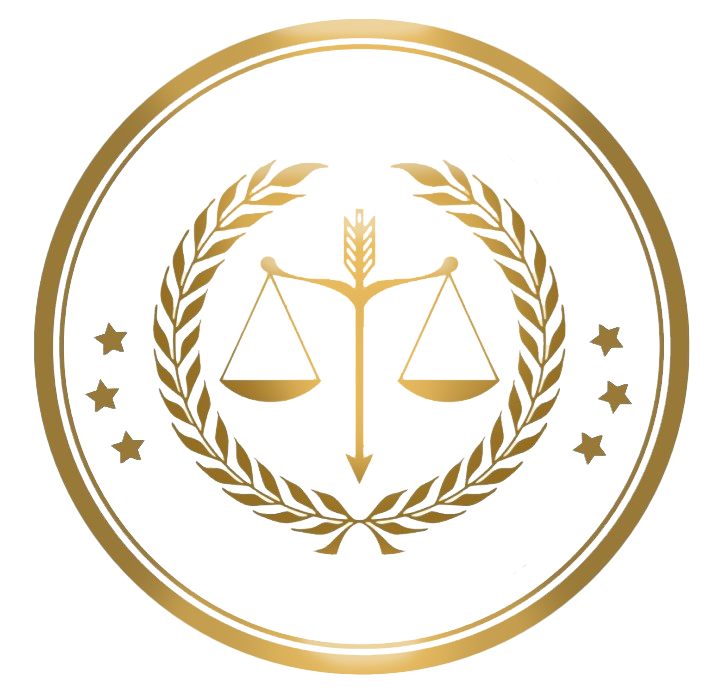Estate Planning
At Thomas & Thomas we believe estate planning should be both comprehensive and deeply personal. We work closely with individuals and families to craft Wills, Trusts, and other essential documents that accurately reflect your wishes, protect your loved ones, and preserve your legacy. Whether you are just starting to explore your options or looking to update an existing plan, our attorneys take the time to understand your goals and address any concerns you may have about future uncertainties.
We offer a full suite of estate planning services, including drafting Powers of Attorney, Health Care Directives, Last Will and Testaments, and Revocable and Irrevocable Trusts. By customizing each plan, we help mitigate potential family conflicts, minimize taxes, and ensure your assets are handled according to your intentions. Our approach is proactive and empathetic, providing clarity and peace of mind so you can focus on what truly matters: enjoying life with your loved ones.
Proudly serving Indian River County, St. Lucie County, Martin County, Okeechobee County, and Palm Beach County, our attorneys combine decades of experience with a warm, approachable manner. We’re passionate about guiding you through each step of the estate planning process—offering straightforward advice, open communication, and unwavering support. When you’re ready to safeguard your legacy, we invite you to reach out and schedule a consultation with our dedicated legal team.
Estate Planning FAQ's
Still have more questions? We’re here to help. If you didn’t find the answer you were looking for in our FAQs, feel free to reach out to our team directly. Call us at 772-888-3040 or fill out our online form to get in touch and schedule a consultation. We’re always ready to provide the guidance you need.
Why is estate planning important, even if I don’t have many assets?
Estate planning is about more than just wealth. It ensures your wishes are respected if you become incapacitated, appoints decision-makers you trust, and clarifies how your assets—no matter the size—will be distributed. It also helps prevent family disputes and unnecessary legal complications down the road.
How often should I update my estate plan?
We recommend reviewing your documents at least every three to five years, or whenever a major life event occurs, such as marriage, divorce, the birth of a child, or the passing of a beneficiary. Staying proactive helps keep your plan current and aligned with your evolving needs.
Can I avoid probate with a proper estate plan?
Yes. By establishing certain types of Trusts and ensuring your beneficiary designations are set up correctly, you can significantly reduce or even eliminate the need for probate. We’ll help you structure your estate to streamline inheritance and minimize delays.


